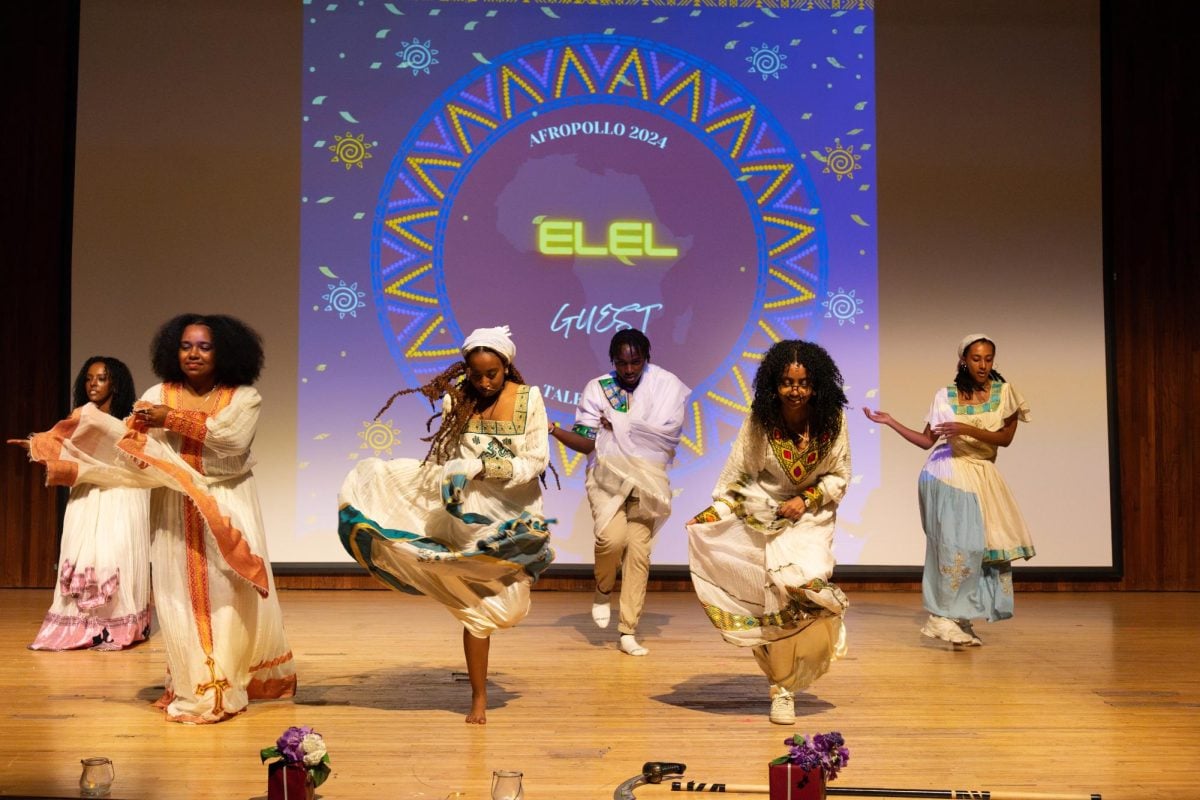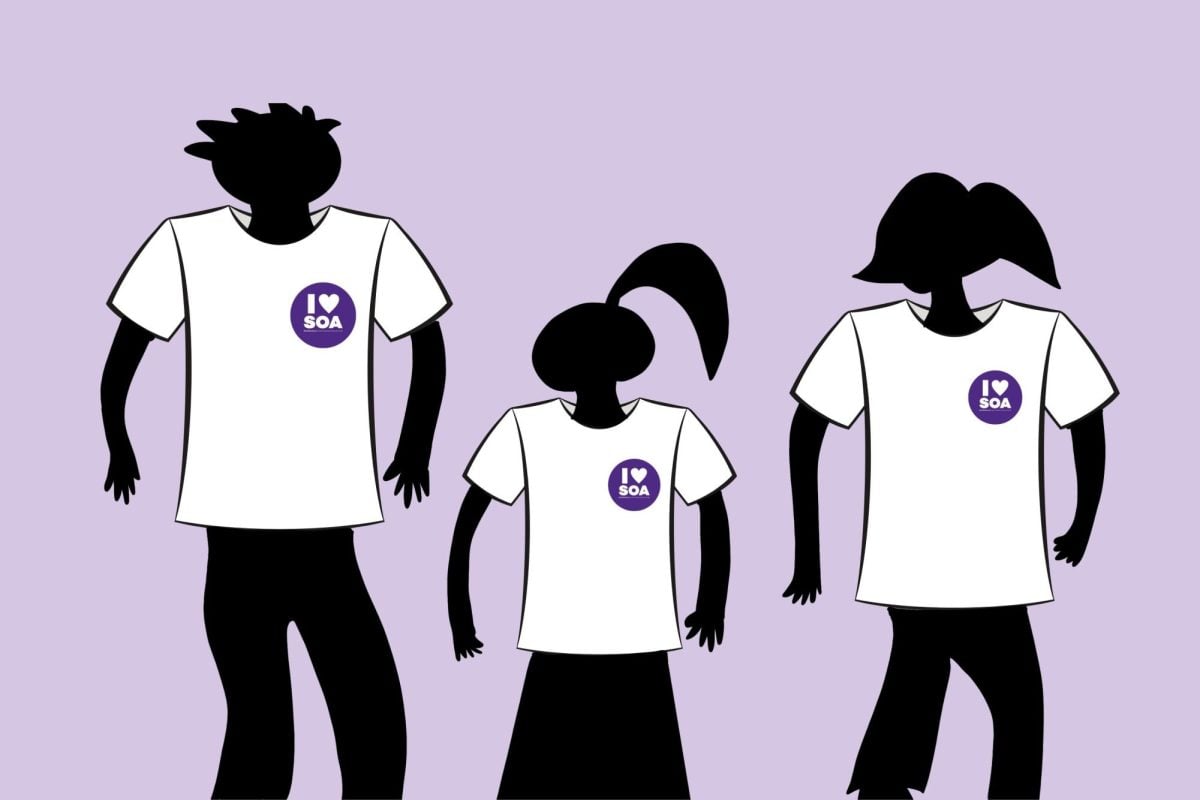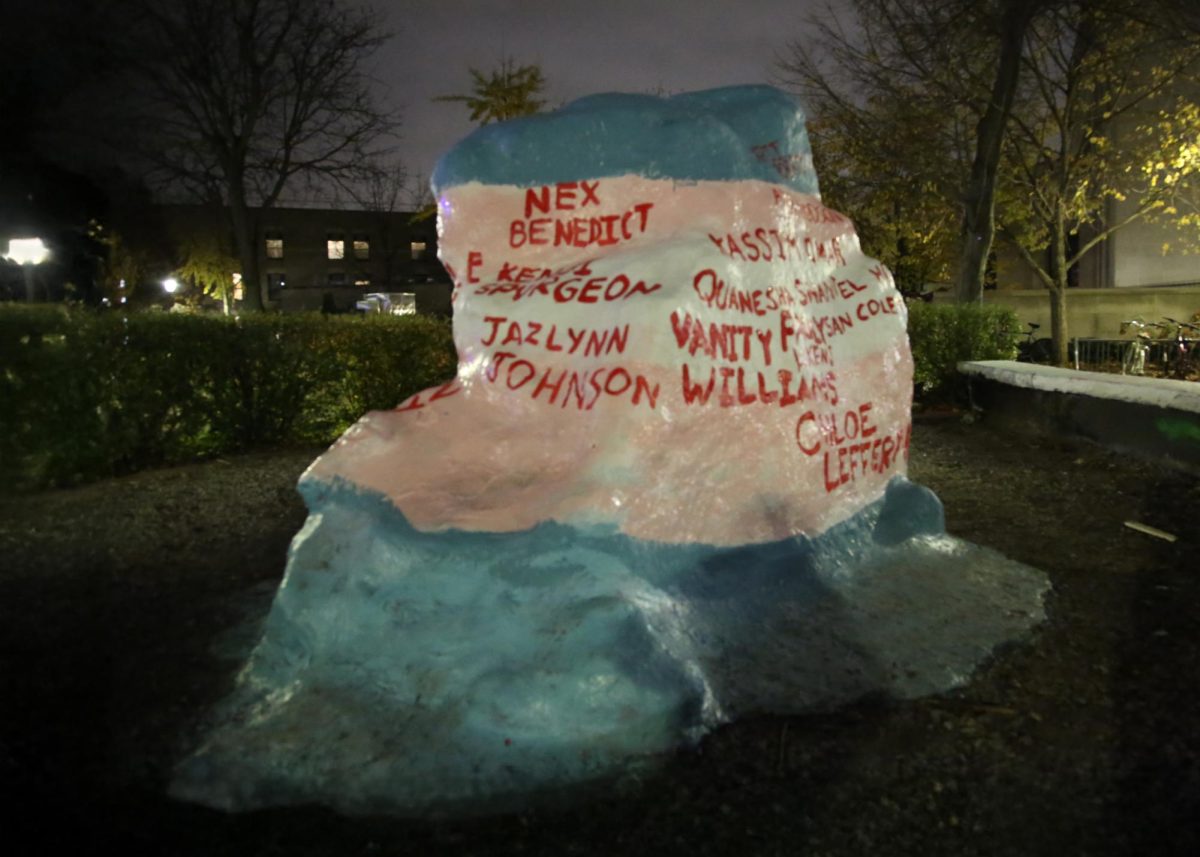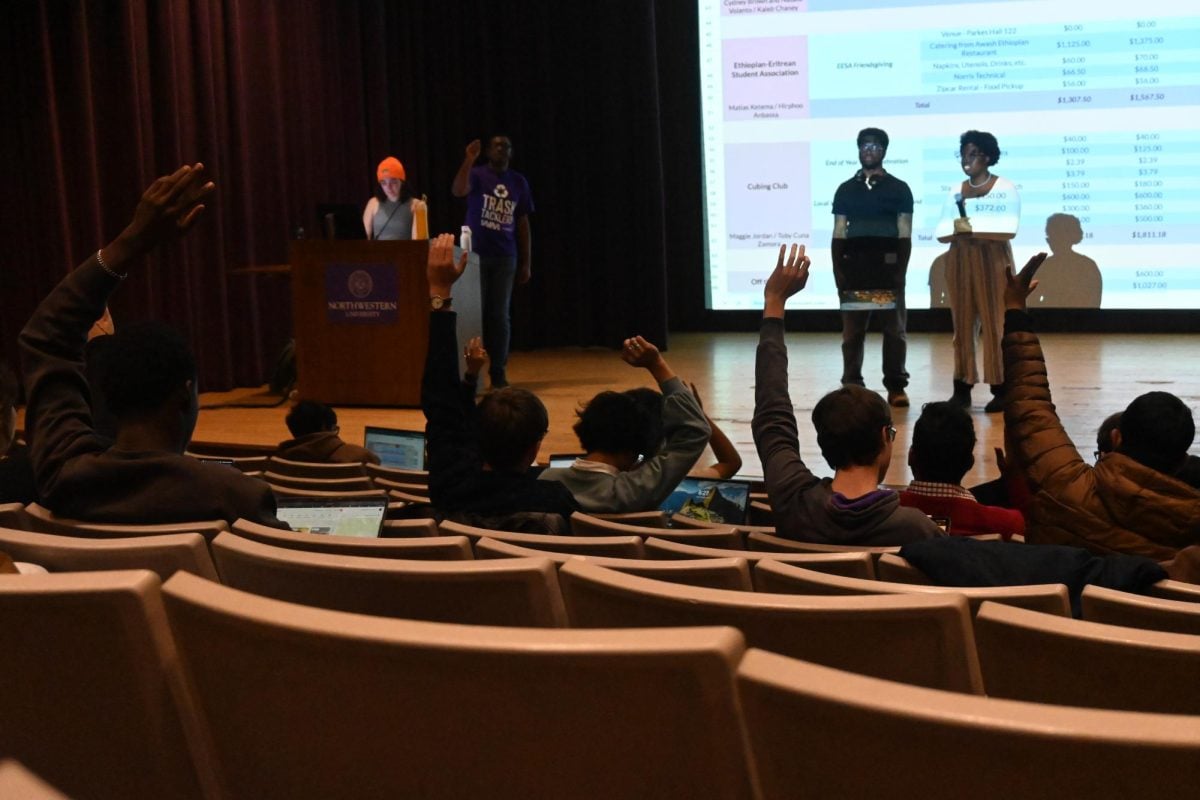Two Northwestern students were named among 50 finalists in an international engineering competition that challenged students to design a product that solves a problem.
McCormick graduate student Paul Lieponis and McCormick senior Rogers Feng competed in the James Dyson Award competition, conceived by the CEO and founder of the British technology company. The contest garnered 543 entries from undergraduate and graduate students in 18 countries.
“The purpose of the competition is to get kids excited about engineering,” said Dyson spokeswoman Cassandra Bowman. “The goal is to design something that solves a problem.”
Technology company Dyson sponsors the competition, which is named after founder James Dyson.
Lieponis said his idea originated when he starting thinking more deeply about his grandmother’s onset of macular degeneration, a disease that slowly destroys the part of the eye distinguishing fine details. He explained she and other macular degeneration patients had trouble distinguishing bumps and dips in the ground but didn’t want to use a white cane, typically used by the blind.
Lieponis said his solution was a belt buckle that vibrates when the user is walking toward an obstruction or a depression in the ground. The buckle works by measuring the speed of laser beams as they bounce back from the ground. If the beam takes longer than expected, the ground dips down. If shorter, then it means the beam was reflected by something in the user’s path.
“I think, in the beginning, it could be an extra tool, something that they could wear,” Lieponis said. “The more I researched, there’s just a lot of people who are becoming visually impaired, and they are a bit embarrased about a white cane.”
Feng’s entry focused on keeping vaccines cold in transit. He said he was inspired by a friend who told him that many vaccines were unusable after they overheated during transport in developing nations. His idea: a small, hand-powered refrigerator that alerts the user when the inside is close to overheating.
“I think 50 percent of vaccines are lost in transit in developing nations,” Feng said. “So I thought, while you’re walking to the village, your legs are occupied but your hands are free. Why not have one hand holding the fridge and the other cranking it up for refrigeration?”
Lieponis and Feng both said they may pursue patents. Neither advanced to the final shortlist of 15 international finalists.
Lenore Kaplan, (MEAS ’09, GMEAS ’10) who works for Dyson, said she was pleased to see two NU students perform successfully in the competition.
“One of James Dyson’s main tenets is that we’re not putting enough people into engineering,” Kaplan said. “It’s really about these kids getting prepared for the future.”


















